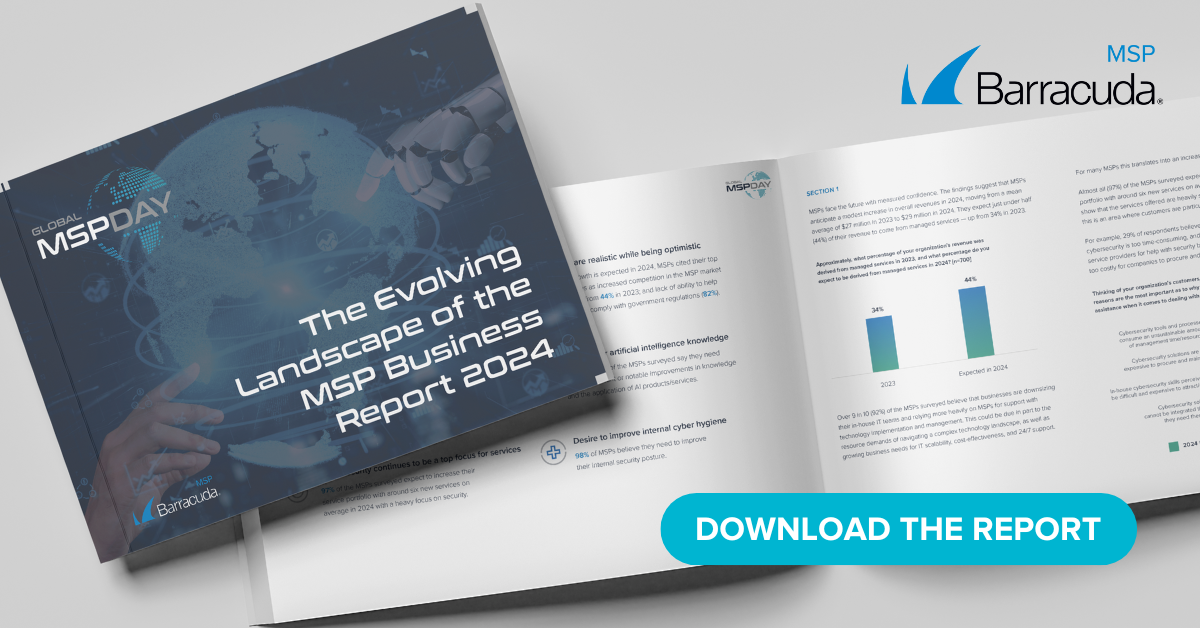![]() Whenever any IT product or service starts to become widely accessible at too low of a price, it’s usually not long before IT vendors look to constrain the number of routes to market to ensure profitability. After nearly a decade of unprecedented growth, that scenario is now starting to play out in the cloud.
Whenever any IT product or service starts to become widely accessible at too low of a price, it’s usually not long before IT vendors look to constrain the number of routes to market to ensure profitability. After nearly a decade of unprecedented growth, that scenario is now starting to play out in the cloud.
Amazon Web Services (AWS) has announced that it is “raising the bar” in terms of what certifications are needed to be a member of its channel program for managed service providers (MSPs). AWS has also decided that all customer references must include new customers, or new engagements with existing customers, that have taken place in the last 18 months. Customer references must be consuming managed services from the APN Partners or AWS for at least six months. The AWS MSP Program also now requires AWS Solution Architect-certified resources at MSP partner organizations to review and approve designs and final deliverables.
Finally, AWS is also now implementing a more rigid audit process. The AWS MSP Program is adding an annual performance-based renewal process that now includes assessment of the MSP Partner for any new, mandatory requirements recently added or expanded. Also added are five deployments that include managed services in the 12 months immediately prior to the annual renewal. AWS MSP partners must also be in good standing at the APN Advanced or Premier Tier at the time of the audit. This good standing includes the requirement to attain Customer Satisfaction Responses and must comply with the AWS Partner Network terms and conditions.
Microsoft sets the standard
This AWS move follows a similar implementation of a more stringent requirements for MSPs announced last year by Microsoft. Clearly, the cost of being an MSP affiliated with the top two cloud service providers just got more expensive. The hope of partners participating in these programs is that if there are fewer certified partners the pressure on them to lower pricing will slacken. This assumes that end users will notice of who is a certified MSP. An existing trusted relationship with an MSP will trump all certifications, especially when IT vendors themselves do next to nothing to promote which partners are certified. The only time it really matters is when the vendor is driving a sales lead to the partner. Historically speaking, AWS has not been strong at driving sales leads to partners, especially when compared to Microsoft.
There was a time when both AWS and Microsoft were equally aggressive in signing up almost any “borne of the cloud” partner. However, times have changed. The fact that both AWS and Microsoft are looking to trim the ranks of MSPs in their programs is yet another indication that both companies are gearing up for additional price cuts. Partners will stay loyal as prices drop, as long as they see an opportunity to still profitably gain share by participating at the program’s top tier. In many cases, the challenge MSPs face today is that they wind up reselling a managed service provided by AWS or Microsoft. That’s not nearly as profitable as selling a managed service built from the ground up. On the plus side, it’s not nearly as costly to deliver a managed service because AWS and Microsoft are doing most of the heavy lifting. The opportunity for MSPs really comes in terms of how they can extend comparatively low-margin managed services provided by AWS or Microsoft.
What is less clear is to what degree more stringent programs might push some MSPs to embrace other cloud platforms, for example, Google, IBM, or Oracle. A door may have been opened that rival cloud service providers can exploit. AWS and Microsoft are confident that customer preference for their platforms will prevent partners from defecting. As every MSP partner knows all too well, the first thing that goes before every IT vendor’s fall is pride.
Photo: rawpixel / Unsplash
